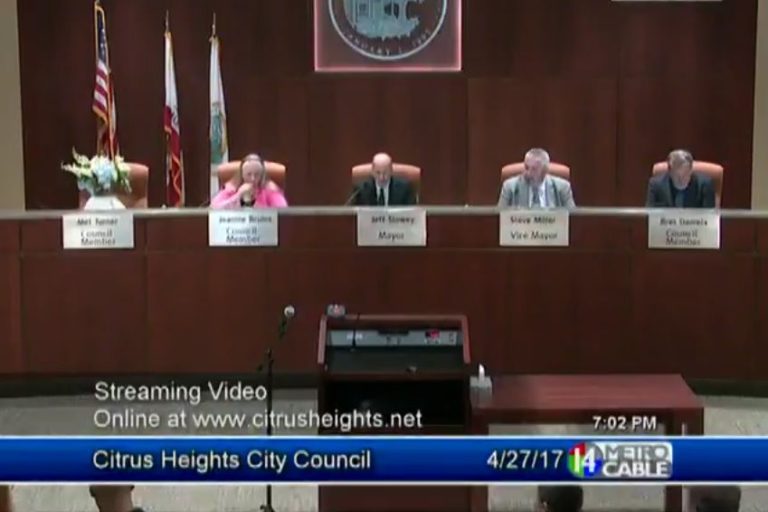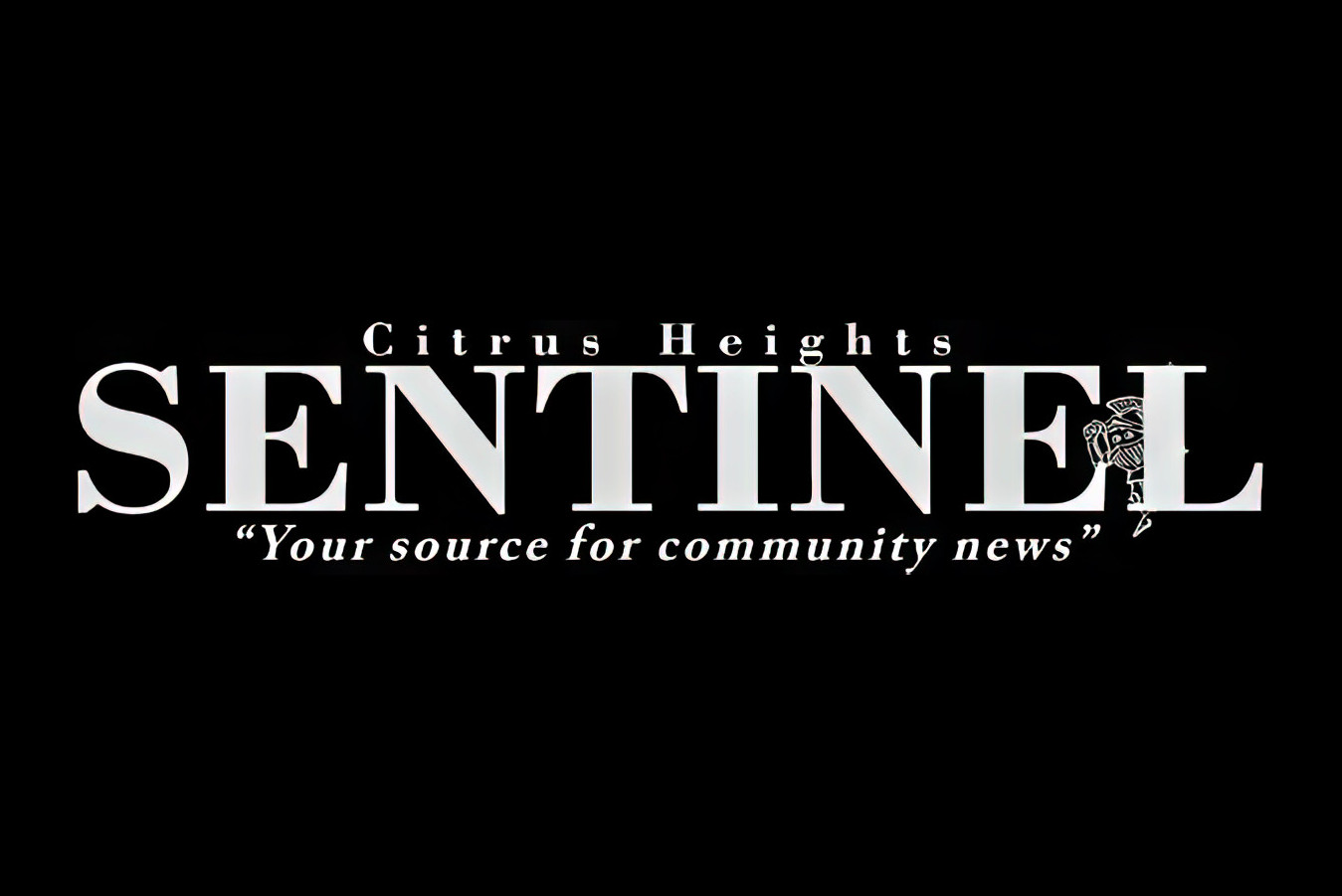David Warren

Guest Column: Thoughts on Thanksgiving in Citrus Heights
As an empty nester with family members either too distant to visit or who are now gone, it was difficult to find meaning for Thanksgiving. I awoke to view news that we seem to have forgotten the meaning…

Guest Opinion: Three Citrus Heights council members got it wrong
Guest opinion submitted by David Warren– The primary safeguard of a democracy is the requirement that officials act only under the light of public scrutiny, and the Brown Act requires placing all matters for which action is taken…

Three more residents pull papers to run for Citrus Heights City Council
Sentinel staff report– As of Wednesday afternoon, there are now a total of nine residents who have taken the first step towards running for three city council seats that are up for election this year…

Guest Opinion: Delaying road repair in Citrus Heights is a foolish option
Guest opinion by David Warren– At a recent community meeting in Citrus Heights hosted by Supervisor Sue Frost, some of the individuals present complained about the poor condition of roads in our city and noted potholes going unrepaired…

Guest Opinion: Citrus Heights lacks safe disposal spots for unused drugs
Guest opinion by David Warren– The insidious proliferation of substance abuse and drug pollution is the silent killer of our community. Any resident having had the unfortunate experience of visiting the Mercy San Juan Hospital emergency room, a…

Guest Opinion: Citrus Heights mayor should apologize for ‘kneeling’ remark
Guest opinion column submitted by David Warren– At the Sept. 28 Citrus Heights City Council meeting, the Cub Scouts presented and posted the colors, followed by leading the Salute to the Flag. As the audience took their seats,…

Guest Opinion: Prop 47 has reduced crime and made Citrus Heights safer
Guest opinion column submitted by David Warren– Recent comments by Citrus Heights Police Department representatives assert that legislation adopted to divert nonviolent offenders to local supervision has increased the crime rate. That legislation includes Prop 36, which allows…

How will the vacancy on Citrus Heights’ city council be filled?
Following the recent death of Councilman Mel Turner, the five-member Citrus Heights city council is seeking to fill a vacancy among its ranks. With three options at their legal discretion to select, the four current members of the…



